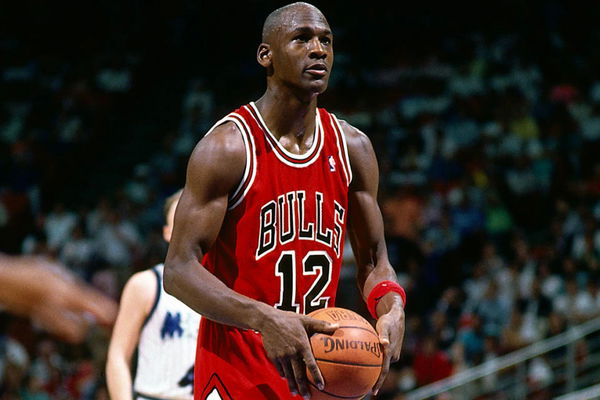

Gathering thousands of hours of video footage, interviewing hundreds of people and putting it together for a few hours of a television show is never an easy job. However, for director Jason Hehir, working on the documentary of Michael Jordan was nothing short of a privilege.
“I wouldn’t call it a challenge,” Hehir said as per Shootonline. “I would call it a privilege.”
The series, concentrating on Jordan’s final season with Chicago Bulls and his sixth NBA title, released earlier than planned due to the cancellation of the NBA season. ESPN had initially planned to release the documentary on June, coinciding with the NBA Finals. But with all major sporting events shuddering to a stop because of the pandemic, the series’ release moved up.
ADVERTISEMENT
Article continues below this ad
“I’m happy if we can bring a little bit of light to people in a dark time here,” Hehir said. “Sports are such an indelible part of our cultural fabric and lacking that … there’s a significant hole in the enjoyment that people feel, the escape that people can feel from everyday life that sports brings us.”
ADVERTISEMENT
Article continues below this ad
Staff had to work on a hectic schedule for the Last Dance of Michael Jordan
With the release of the series pushed ahead, Hehir and his staff had a hectic schedule. He said they were working five times their usual rate.
“Normally, to do an hourlong archival documentary from start to finish, it takes about a year from the inception of the idea to the research to doing all the shooting to getting it all together, storyboarding it out, mapping it out, editing, getting notes back, it takes about a year,” Hehir said. “We’re doing 10 of those. And we had a little bit over two years to do it so we’re already working at five times our normal rate.”
ADVERTISEMENT
Article continues below this ad
The 10-part documentary will air for the first time on April 19. It will run over five Sundays, with two one-hour broadcasts each week.
“I hope that people will like it as much as we did,” Hehir said.
ADVERTISEMENT
ADVERTISEMENT
ADVERTISEMENT
ADVERTISEMENT

